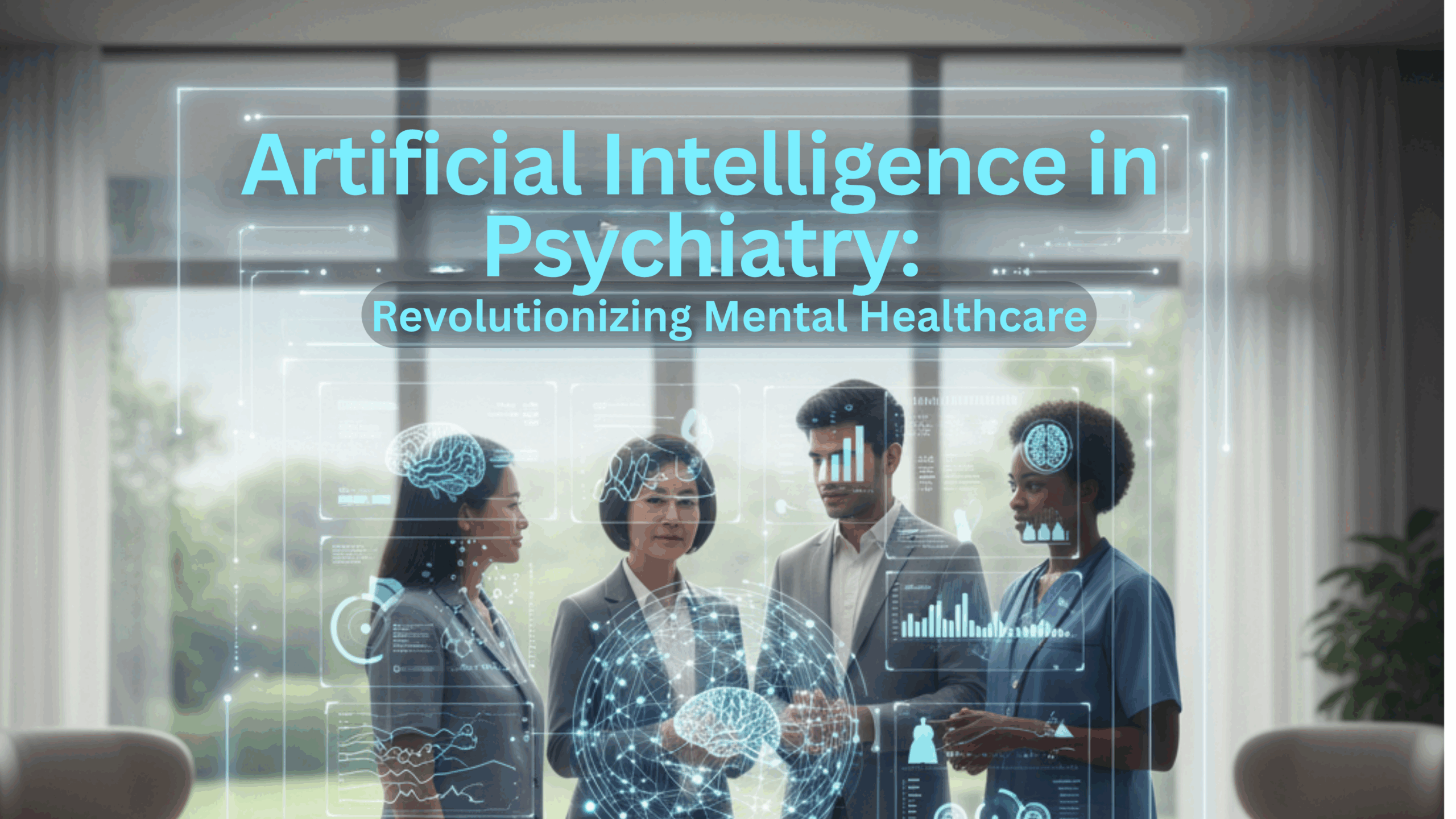Introduction Every year, October 16 is observed as World Spine Day, a global health awareness initiative under the World Federation […]
Schizophrenia and the Digital Pill – The Revolution

Dr Manisha Chauhan MBBS,MD IMS BHU
The field of psychiatry is witnessing one of its most fascinating revolutions — the integration of technology with medicine, particularly in the treatment of chronic psychiatric illnesses like schizophrenia.
The introduction of the Digital Pill marks a turning point ,A REVOLUTION— a step toward truly personalized, patient-centered mental health care.
Schizophrenia is a severe and chronic mental disorder characterized by disturbances in thought, perception, and behavior with significant socio occupational impairment. For decades, treatment has largely relied on antipsychotic medications and psychosocial support. However, one of the biggest challenges psychiatrists face is poor medication compliance and adherence. Many patients discontinue medication because of side effects, lack of insight , stigma, or simply forgetfulness. Long acting depots were also launched for the same ,but high cost side effects decreased their credibility also. This non-adherence can lead to relapse, hospitalization, and functional decline, making long-term recovery difficult.
Then came the Digital Pill — a concept once seen only in futuristic imagination , becomes a reality.
What exactly is a Digital Pill?
A digital pill is a medication embedded with a tiny ingestible sensor that communicates with an external device, such as a patch or smartphone app, to confirm that the pill has been taken. The first FDA-approved digital pill was Aripiprazole with an ingestible sensor, marketed as Abilify MyCite. It combines a commonly used antipsychotic (aripiprazole) with a digital tracking system.
When the pill is swallowed, the sensor activates in contact with stomach fluids and sends a signal to a small wearable patch. The patch then transmits data including ingestion time and body activity to a mobile app. This information can be shared (with consent) with doctors or caregivers, helping them monitor adherence patterns.
For psychiatrists, this is nothing short of a boon.
Earlier, we relied on patient self-reporting or family feedback to assess adherence which was often inaccurate or incomplete. Now, with digital monitoring, clinicians can have objective, real-time data, allowing timely interventions when doses are missed. This could reduce relapse rates, improve treatment outcomes, and even prevent rehospitalization.
From the patient’s perspective, digital pills can empower them to take active control of their treatment. They can track their own adherence and better understand the relationship between consistent medication and symptom control. For families, it provides reassurance that their loved one is staying on track.
ETHICAL AND PRACTICAL CHALLENGES
However, like any new technology, it comes with ethical and practical challenges. Concerns about privacy, data misuse, and autonomy are significant. Some critics fear that continuous monitoring may feel intrusive or coercive, especially for patients already struggling with paranoia. Thus, informed consent and patient comfort remain central to its ethical use.
In India, where schizophrenia often coexists with stigma, limited follow-up, and inconsistent treatment, digital pills can be a game changer. By integrating digital adherence monitoring into psychiatric practice, we can bridge the gap between diagnosis and sustained recovery turning passive treatment into collaborative care.But the availabilty ,cost production everything becomes a challenge in country like India.Our government through MHC act can bring it at tertiary hospital centers first and then it can be applied at all levels
ASIAN STUDIES AND STUDIES FROM INDIA
While India has not yet conducted large-scale digital pill trials, there is growing academic interest in digital adherence tools and remote monitoring in mental health with us hoping for some good research in field in upcoming days.
In Asian research, the most notable large-scale evidence comes from China. A 2024 cluster-randomized controlled trial conducted in Beijing evaluated a digital medication monitoring system among patients with schizophrenia and bipolar disorder across 30 communities. Over 12 months, those using the digital system had dramatically higher adherence rates than those using only an online diary with a 52.3% improvement (95% CI = 34.6 to 70.0; P < 0.0001). This was one of the the strongest demonstrations in Asian context that digital monitoring systems can substantially enhance adherence in severe mental illness. This system did not employ an ingestible sensor like Abilify MyCite, it relied on smartphone-based monitoring and real-time reminders with more emphasis on the merging of compassion with innovation. It reminds us that mental health treatment is not just about prescribing medicines, but about communication, continuity, and connection.
This revolution in psychiatry proves that the future of healing lies not only in better drugs but in smarter, more humane ways of delivering them.


